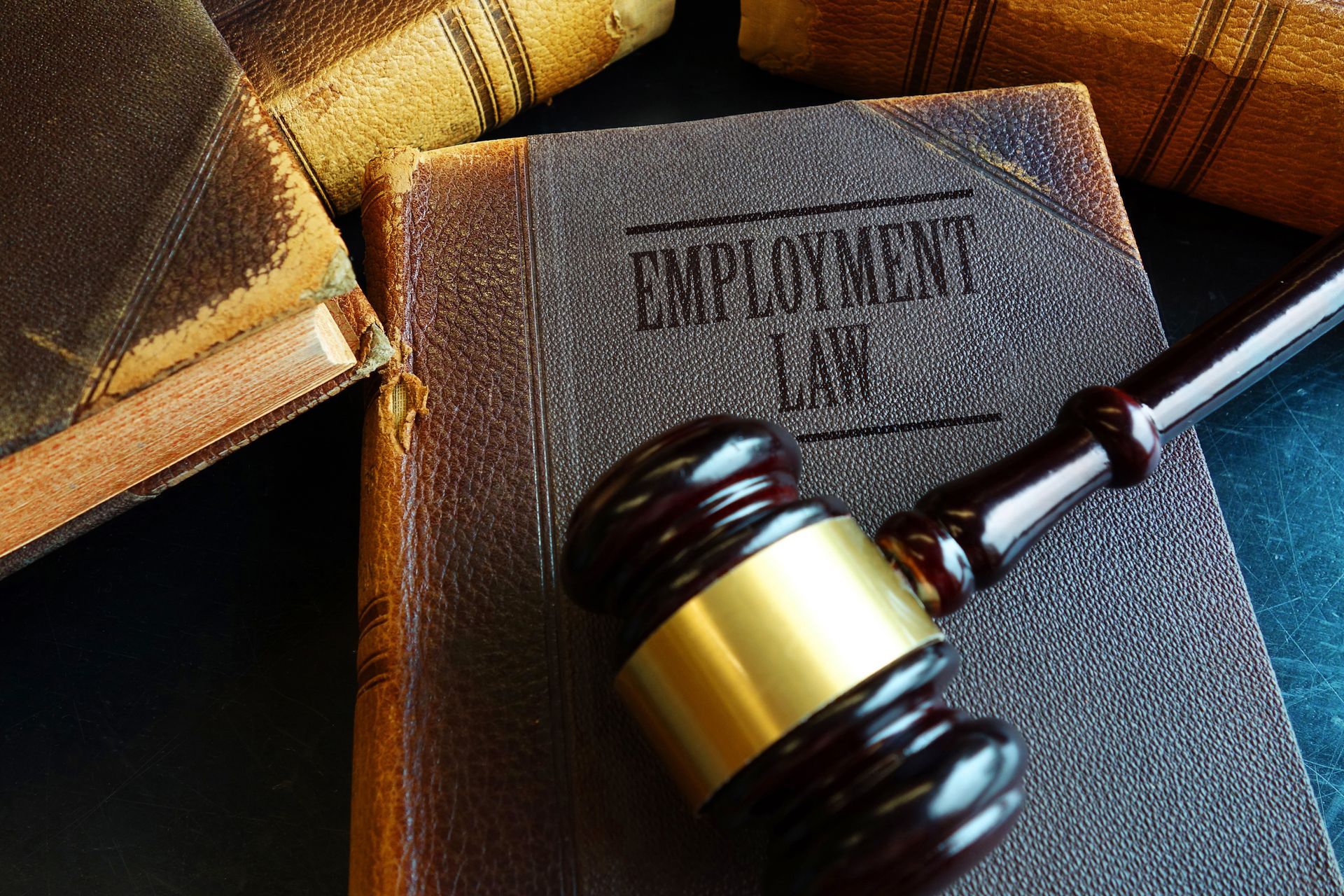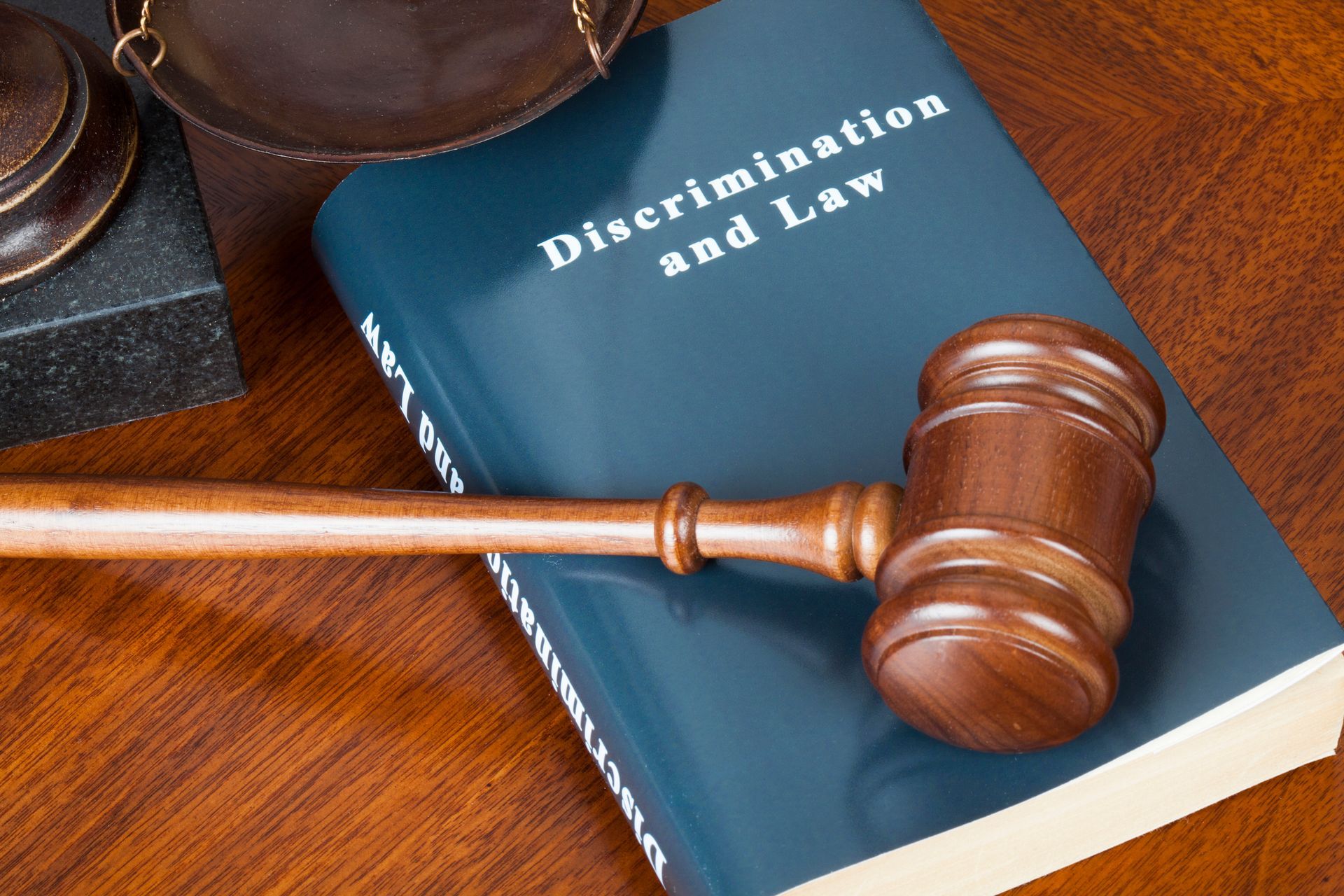4 Tips for Winning a Wrongful Termination Case

If you feel that your employer did not fire you fairly, you may be able to seek compensation for loss of income. However, since employers are free to end employment at any time, you must prove by a preponderance of the evidence that your employer violated employment laws when firing you.
Therefore, you should gather convincing evidence to build a strong case. The following are some tips for ensuring a win when you file a termination case.
1. Determine Your Employment Status
Before filing your wrongful termination Charge of Discrimination and/or lawsuit, check your employment status, as it determines the direction of your case. If you are an at-will employee, you should know that your employer can dismiss you without reason. Therefore, you can only build your case on the exceptions to the at-will termination rule.
Look for ways to prove that your employer fired you for illegal reasons, like discrimination or as retaliation for your actions. For example, you can seek compensation if your employer fired you because of your sex (including sexual orientation), age, or race.
2. Evaluate Your Case
Never proceed to litigation if you have no grounds to file a watertight case. Some grounds you can build your unfair dismissal case on include:
- Discrimination. You can file a wrongful termination lawsuit on the ground that your employer fired you because the employer made a decision that was motivated because of your race, sex, sexual orientation, age, or even because you are pregnant.
- Violation of agreement. You deserve compensation if your employer breached a pre-employment agreement you made by firing you. These instances are very rare as the contract usually requires a firm beginning date and firm date.
- Sexual harassment. Your employee should not fire you because you show no interest in their sexual advances.
- Retaliation. Your employee should not fire you for exercising your legal rights, such as using FMLA leave, filing a workers’ compensation claim, or opposing improper overtime pay practices.
- Whistleblowing. Your employer should not fire you for cooperating with law enforcement as a whistleblower. For example, your employer should not fire you for exposing fraudulent bills that the employer submitted to the Federal Government.
3. Gather Enough Evidence
As mentioned above, wrongful termination is hard to prove if you lack crucial evidence. Therefore, if you wish to file a Charge of Discrimination and/or a lawsuit against your employer, gather enough evidence to prove that the employer fired you illegally.
For example, if you believe that discrimination played a part in your dismissal, you can seek statements from your co-workers. (Such co-workers are protected by many anti-retaliation statutes). In addition, look for documents to prove that your employer acted illegally. These documents include:
- Personnel file. Your personnel file is crucial in a wrongful termination lawsuit, as it provides crucial important information about your employment. Employers rarely provide employees with a copy of their personnel file (FYI – the personnel file is not your property). So keep copies of documents throughout your employment, such as disciplinary write-ups and performance reviews.
- Employer policies. You can use your employer's policies to prove that they violated their standards when firing you. Always keep a copy of the Employee Handbook.
- Pay records. You need your pay records to show the amount you have lost in wages. Always keep a copy of your paystubs and your W-2s.
- Communication evidence. If your employer sent a threatening email or message, you can provide it in court to prove harassment. Print up a copy of these emails or messages or forward to your private account.
Never Ever Take Documents or Things That Do Not Belong to You
4. Get Professional Help
The legal matters and complexities of a wrongful termination case make legal help necessary. Therefore, seek help from an employment law attorney before filing a Charge of Discrimination and/or lawsuit. An experienced employment attorney can help you gather the evidence you need to build a strong case and evaluate the case to estimate the amount you deserve as compensation.
Moreover, your attorney knows the best way to handle your case to ensure that you get maximum compensation.
Like other lawsuits, a wrongful termination requires proper preparation and adequate legal knowledge. Since most states are at-will employment jurisdictions, you must prove that your employer fired you in violation of a specific State of Federal law to seek compensation for your lost wages. Use the tips above to increase your chances of winning your case.
At Allen D. Arnold Attorney at Law, we care about our clients' best interests and have the expertise and experience required to give excellent services. Contact us today to schedule a consultation.
Alabama Rules of Professional Conduct Notice: No Representation is made that the quality of legal services offered is greater than that of other lawyers. The information contained on this website is not a substitute for legal advice, and reading it does not create an attorney-client relationship.









